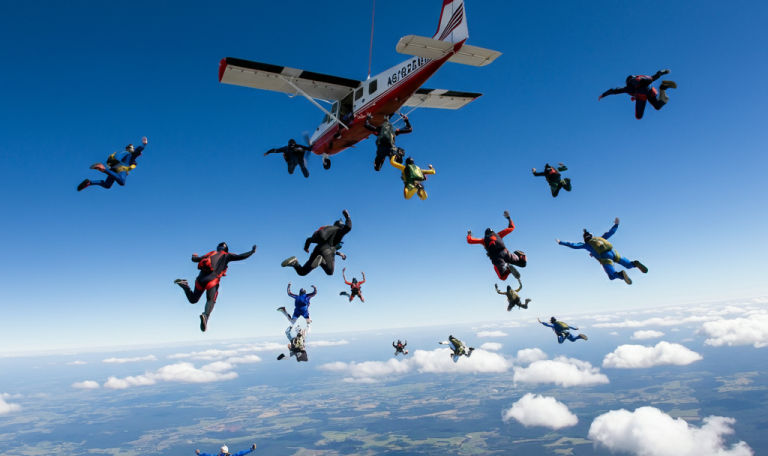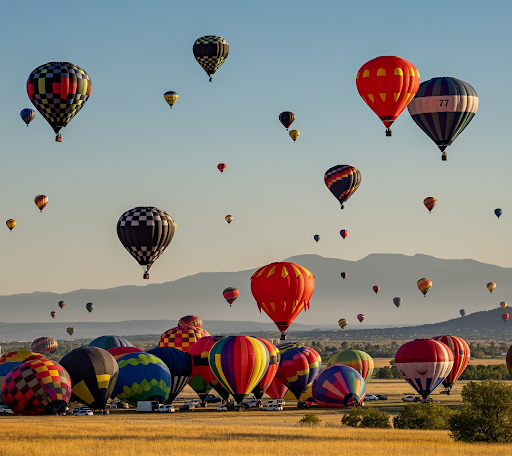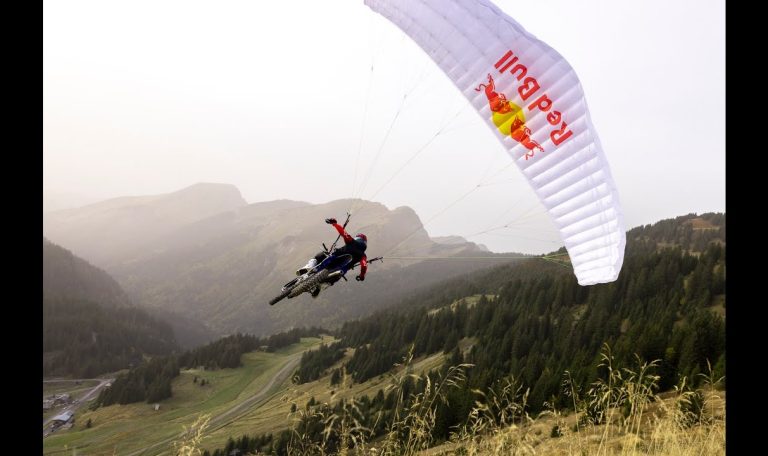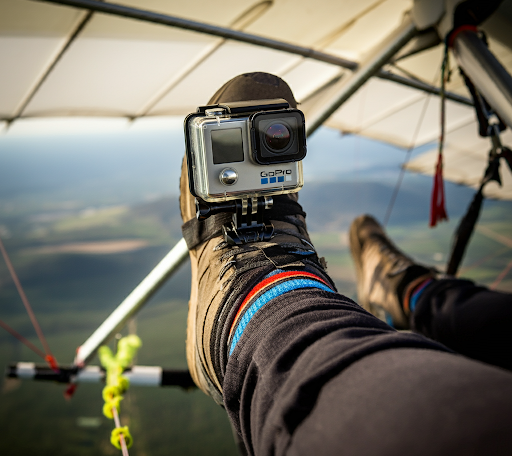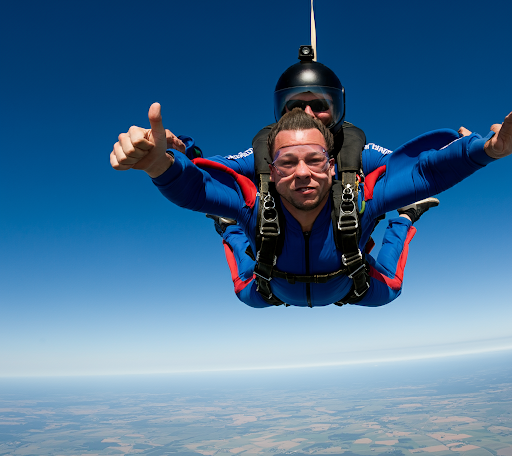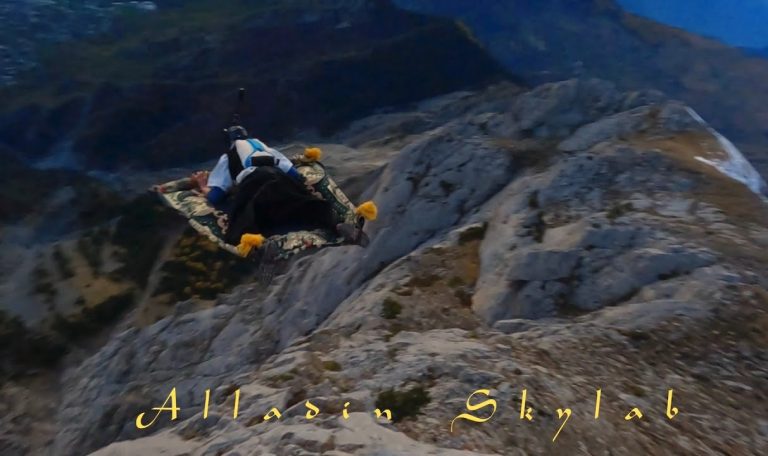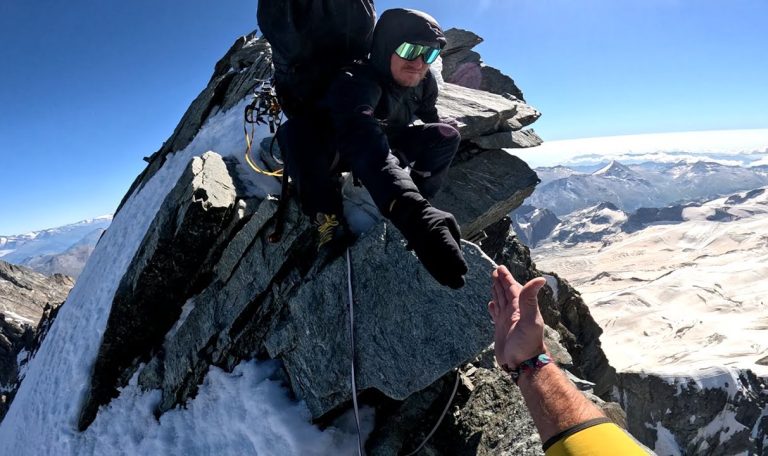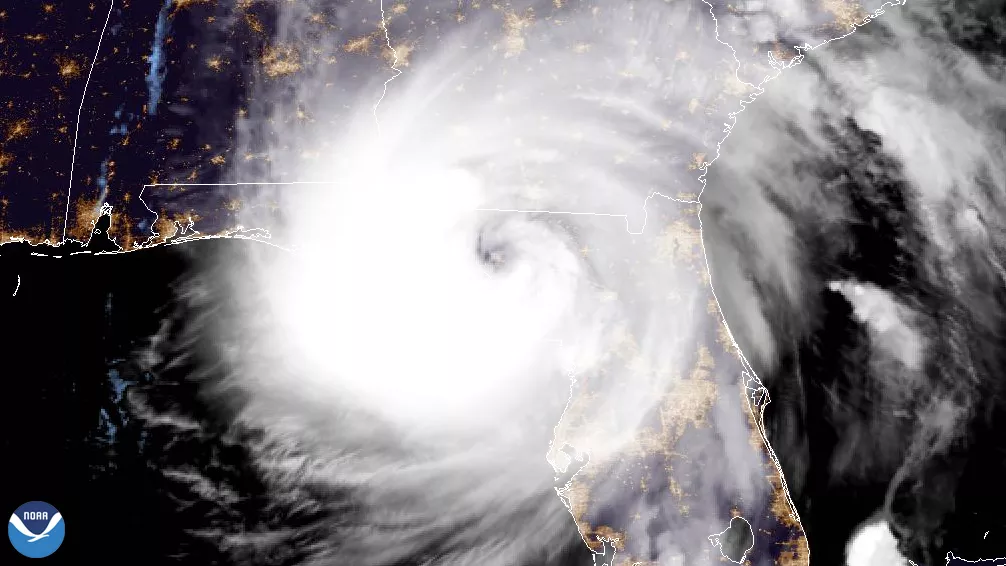
Hurricane Helene, the latest in a series of powerful storms to batter the southeastern United States, has brought air sports to a standstill. Hang gliding, paragliding, powered parachuting, skydiving, and paramotoring, activities deeply intertwined with favorable weather, are all feeling the impact.
“Safety is our absolute priority,” says Sarah Jones, a certified paragliding instructor with over 20 years of experience in Asheville, North Carolina. “The high winds, torrential rain, and unpredictable turbulence associated with hurricanes create extremely hazardous flying conditions.” Even after a hurricane passes, Jones emphasizes the need for careful assessment of potential hazards like downed trees, power lines, and flooded landing zones. This sentiment is echoed by the United States Hang Gliding and Paragliding Association (USHPA), which issued a safety alert urging pilots to exercise extreme caution in the aftermath of Helene.
“We’ve had to cancel all flights for the foreseeable future,” says Mike Thompson, owner of Skydive Charleston in South Carolina. “It’s a tough situation, especially during what is typically our busiest time of year.” Thompson’s concerns are not just about immediate safety, but also the potential for long-term damage to infrastructure. Flooding can render drop zones unusable for weeks, impacting not just his business, but the livelihoods of instructors, packers, and other staff. The National Oceanic and Atmospheric Administration (NOAA) estimates that Helene has already caused billions of dollars in damage across the region, with the full extent still being assessed.
The impact extends beyond commercial operations. “I was planning a week-long hang gliding trip to the mountains,” says David Lee, an avid pilot from Atlanta, Georgia. “But with the current conditions, it’s just not worth the risk.” Lee, like many other air sports enthusiasts, is grounded indefinitely, highlighting the disruptive power of hurricanes on recreational activities.
The economic consequences are significant. Repeated disruptions due to increasingly frequent and intense hurricanes, a trend linked to climate change according to the Intergovernmental Panel on Climate Change (IPCC), could deter tourism and threaten the viability of businesses that rely on air sports. A 2023 study published in the journal “Tourism Management” found that extreme weather events, including hurricanes, have a significant negative impact on adventure tourism, with air sports being particularly vulnerable.
Despite the challenges, the air sports community remains resilient. Pilots and instructors are actively involved in damage assessment, debris removal, and preparations for the eventual return to the skies. “We’ll be back,” says Thompson. “The passion for flying is strong, and we’ll overcome this setback, just like we’ve overcome others in the past.”
Sources:
- United States Hang Gliding and Paragliding Association (USHPA): USHPA website with safety alerts
- National Oceanic and Atmospheric Administration (NOAA): NOAA website with information on Hurricane Helene
- Intergovernmental Panel on Climate Change (IPCC): IPCC report on climate change and extreme weather events


